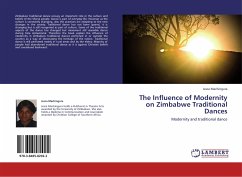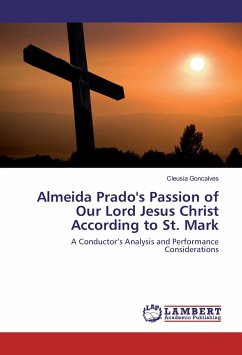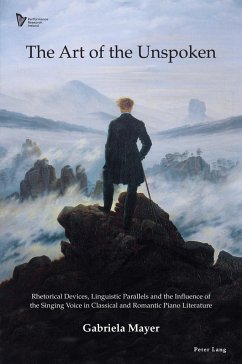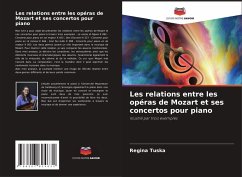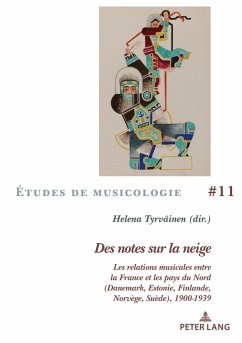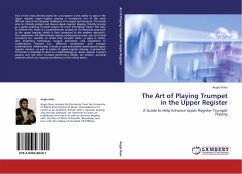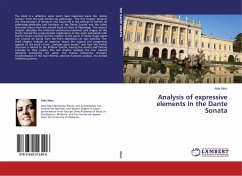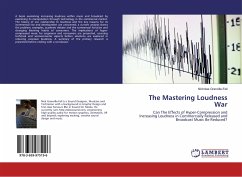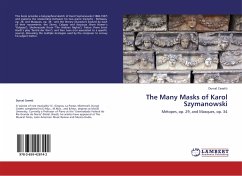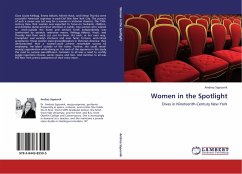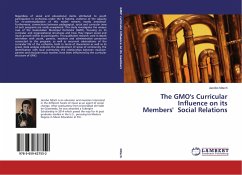
The GMO's Curricular Influence on its Members' Social Relations
Versandkostenfrei!
Versandfertig in 6-10 Tagen
36,99 €
inkl. MwSt.

PAYBACK Punkte
18 °P sammeln!
Regardless of social and educational claims attributed to youth participation in orchestras under the El Sistema, evidence of the capacity for re-contextualization of this model remains mostly anecdotal. Furthermore, connections between pedagogical, social and curricular aims of such programs are vastly unexplored. This study investigates the unique case of the Guatemalan Municipal Orchestra (GMO), focusing on its curricular and organizational structures and how they impact social and music growth within its participants. This qualitative research used in-depth interviews with youth, parents, ...
Regardless of social and educational claims attributed to youth participation in orchestras under the El Sistema, evidence of the capacity for re-contextualization of this model remains mostly anecdotal. Furthermore, connections between pedagogical, social and curricular aims of such programs are vastly unexplored. This study investigates the unique case of the Guatemalan Municipal Orchestra (GMO), focusing on its curricular and organizational structures and how they impact social and music growth within its participants. This qualitative research used in-depth interviews with youth, parents, teachers and administrative personnel connected to the program, as well as recurrent observations of the curricular life of the orchestra, both in terms of documents as well as its praxis. Data analysis indicates the development of sense of community, the identification with local community, the relationships between musician-parents and musician-music teacher, have been influenced by the curricular structure of GMO.



